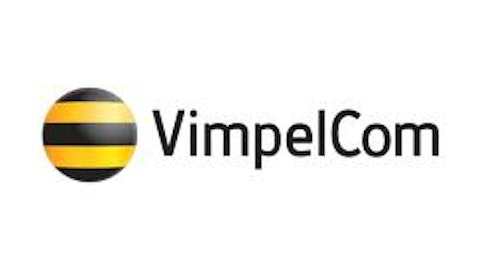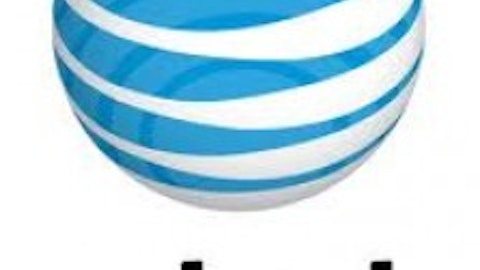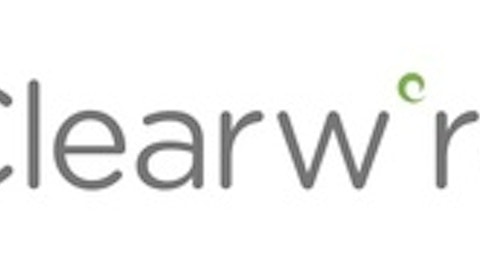DISH Network Corp. (NASDAQ:DISH) is making headlines with its gigantic offer of $25.5 billion for Sprint Nextel Corporation (NYSE:S). Like most mergers, DISH Network Corp. (NASDAQ:DISH)’s proposed plan has some good points. However, the overall deal is bad and the argument against it is not a hard one to make.
The good
Mobile devices have become hugely popular and people use them to access content on the go. The mobile device market is still rapidly growing and Dish may be able to further penetrate this market by bundling its current services with wireless broadband. Also, Dish has 45 MHz of spectrum, but the company does not have a cellular network. The FCC approved the spectrum for cellular use with the condition that Dish provides service in at least 70% of its license region within seven years. A cellular network is expensive to build, so a merger with Sprint would solve that problem.

Furthermore, the merged company would have plenty of resources to compete against wireless provider titans AT&T Inc. (NYSE:T) and Verizon Communications Inc. (NYSE:VZ). According to DISH Network Corp. (NASDAQ:DISH), a Dish Sprint merger would give the company double the spectrum of AT&T or Verizon. Sprint owns 51% of Clearwire Corporation (NASDAQ:CLWR), which has 132 MHz of spectrum, and plans to buy the rest of Clearwire for $2.2 billion.
| AT&T | Verizon | Dish | Sprint | Clearwire | |
| Spectrum Holdings (MHz) | 106 | 107 | 45 | 53 | 132 |
A combination of Dish, Clearwire Corporation (NASDAQ:CLWR), and Sprint Nextel Corporation (NYSE:S) would have 230 MHz of spectrum, which is more than what AT&T Inc. (NYSE:T) and Verizon have combined. Spectrum is valuable because mobile traffic continues to rise. Dish Chairman Charlie Ergen states,
“This combination will create the only company that possesses the spectrum portfolio and collection of owned network assets to provide customers a fully-integrated, nationwide bundle of in- and out-of-home video, broadband and voice services. This unique, combined company will have a leadership position in video, data and voice and the necessary broadband spectrum to provide customers with rich content everywhere, all the time.”
The bad
While the deal contains some positives for DISH Network Corp. (NASDAQ:DISH), it is still a terrible deal. To put it simply, it is too expensive and too risky. Dish can talk all it wants about content, synergies, and spectrum, but at the end of the day it comes down to profits, and the numbers are terrible. Dish is essentially offering $25.5 billion for a wasting asset, an asset that lost $4.3 billion in year 2012. Check out the following table:
| Sprint | 2012 | 2011 | 2010 | 2009 | 2008 |
| Net Income (millions $) | -4,326 | -2,890 | -3,465 | -2,436 | -2,796 |
| Stockholders’ Equity (millions $) | 7,087 | 11,427 | 14,546 | 18,095 | 19,915 |
From 2008 to 2012, Sprint Nextel Corporation (NYSE:S) lost approximately $16 billion, and the company’s equity declined 64%. The last profitable year for Sprint was 2006 and the situation is not improving. In Q4, Sprint lost $1.3 billion. The company is a money losing machine. Also, since Sprint only has $7 billion in equity, DISH Network Corp. (NASDAQ:DISH) will end up with about $18.5 billion of goodwill on its balance sheet, which is a huge overpay for a company losing billions of dollars. Sprint has trailed Verizon Communications Inc. (NYSE:VZ) and AT&T Inc. (NYSE:T) for years, and it is unlikely that the merger would suddenly change that.


